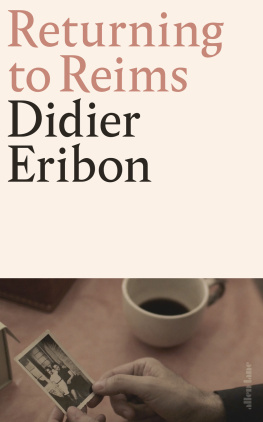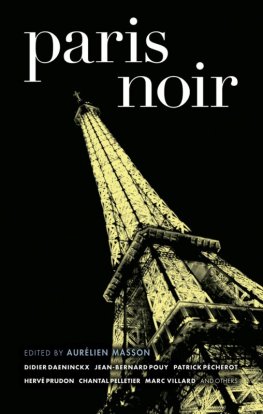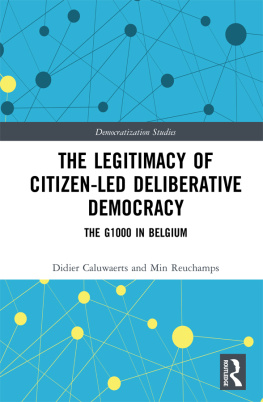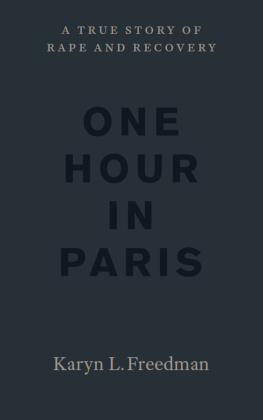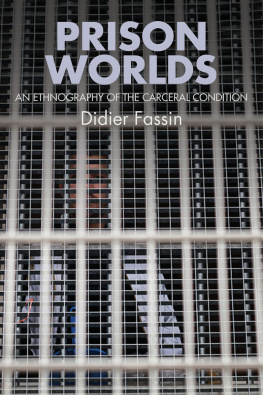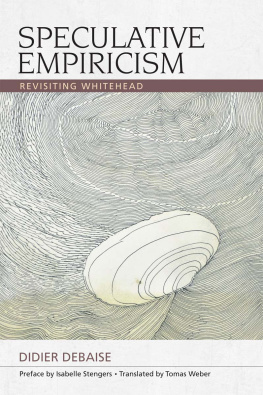Didier Eribon
RETURNING TO REIMS
Translated by Michael Lucey
For G., who always wants to know everything.
I
1
For the longest time it was nothing more than a name to me. My parents had moved to the village in question at a point in time when I no longer went to see them. From time to time, while traveling abroad, I would send them a postcard, all that remained of an effort to sustain a connection that for my part I wished as tenuous as possible. While writing their address, I might briefly wonder what the place where they now lived was like, but my curiosity went no further than that. On those rare occasions when I spoke to my mother on the telephoneperhaps once or twice every few months, perhaps lessshe would ask me, When are you coming to visit? I would give a vague answer, mentioning how busy I was, promising to come soon. But I had no intention of doing so. I had left my family behind and had no desire to return to it.
So it was only quite recently that I came to know Muizon. It was pretty much as I had expected: a typical instance of a certain kind of rurbanization, one of those semi-urban spaces built out in the middle of the fields, where it is difficult to tell if it is still part of the countryside or if, with the passage of time, it has become something like a suburb. At the beginning of the 1950s, I have since learned, it had no more than 50 inhabitants. They were clustered together around a church, parts of which dated to These days more than two thousand people live in Muizon, between, on the one side, the Route du Champagne, which begins quite close by to wind its way through vine-covered hillsides, and, on the other, a grim-looking industrial zone, part of the outskirts of Reims, which is about a fifteen or twenty minute car ride away. New streets have been laid down, lined with identical houses, built in groups of two. Most of these are public housing; their tenants are far from rich. My parents lived there for twenty years without me ever making up my mind to go see them. I finally found myself in this municipalityIm not sure exactly how to refer to a place like thisand inside my parents small house only after my father had left it, my mother having found him a place in a nursing facility for Alzheimers patients, where he would reside until his death. She had put off the inevitable moment as long as possible, until finally, worn out and frightened (one day he had grabbed a kitchen knife and attacked her), she gave in to what had become increasingly obvious: she had no other options. It was only once he was no longer in the house that it became possible for me to undertake this return voyage, or maybe I should say, to begin the process of returning, something I had never been able to make up my mind to do before. It was a rediscovery of that region of myself, as Genet would have said, from which I had worked so hard to escape: a social space I had kept at a distance, a mental space in opposition to which I had constructed the person I had become, and yet which remained an essential part of my being. So I returned to see my mother and this turned out to be the beginning of a reconciliation with her. Or, to be more precise, it began a process of reconciliation with myself, with an entire part of myself that I had refused, rejected, denied.
My mother spoke with me at great length during the several visits I made in the course of the next few months. She spoke of herself, of her childhood, her adolescence, her life as a married woman She also spoke to me about my father, how they met, what their relationship was like, of the different periods in their lives, the harshness of the jobs they had worked in. She had so much to tell me that her words tumbled out rapidly in an endless stream. She seemed intent on making up for lost time, erasing in one swoop all the sadness represented for her by those many conversations between us that had never happened. I would listen, seated across from her, drinking my coffee, attentive when she was talking about herself, much less so when she got caught up in describing the doings of her grandchildren, my nephews, whom I had never met, and in whom I wasnt much interested. Between the two of us a relationship was being reestablished. Something in me was being repaired. I could also see how difficult the distance I had kept had been for her to deal with. I understood that she had suffered from it. How had it been for me, the person responsible for it? Had I not also suffered, but in a different way, one delineated in the Freudian vision of melancholy, associated with an unavoidable mourning of the various possibilities one sets aside, the various identifications one rejects? Such possibilities and such identifications remain in the self as one of its constitutive elements. Whatever you have uprooted yourself from or been uprooted from still endures as an integral part of who or what you are.

